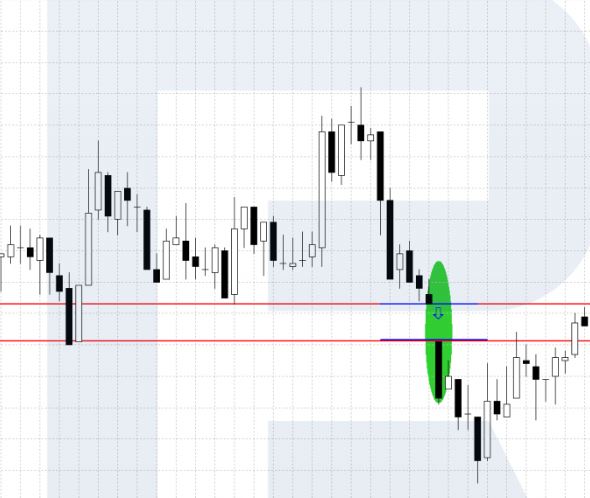Are you new to Forex Trading? Or maybe you’re a seasoned trader looking to sharpen your skills? Whether you’re a novice or an expert, understanding slippage in forex is crucial for navigating the market successfully. In this guide, we’ll explore what slippage is, what causes it, its effects on your trades, and how you can manage it effectively.

What is Slippage?
Ever felt like the market slipped away from you? That’s slippage in action. Slippage occurs when the price you expect to buy or sell a currency pair at is different from the price you actually get when your order is executed. It’s like trying to catch a moving train – sometimes you end up paying more or selling for less than you planned.
Causes of Slippage
Slippage can happen for a variety of reasons, including:
Market Volatility
Imagine a busy highway during rush hour. When there’s a lot of traffic (market volatility), it’s harder to get to your destination (execute your trade) quickly. Prices can move swiftly, causing your orders to be filled at different prices than expected.
Liquidity Issues
Think of liquidity as how easily you can buy or sell an asset without affecting its price. In less liquid markets or when trading large volumes, finding a buyer or seller at your desired price can be tricky. This can lead to slippage as you may end up getting a different price than you hoped for.
Broker Execution
Your chosen brokerage partner holds a pivotal position in the seamless execution of your trading activities. If your broker’s system is slow or experiences delays, it can result in slippage, especially during fast-moving market conditions. It’s like trying to make a phone call with poor reception – your message might not get through as quickly as you’d like.
Effects of Slippage
So, what happens when slippage occurs?
Reduced Profitability
Slippage can eat into your profits. For example, if you’re buying a currency pair and the price moves up before your order is filled, you might end up paying more than you planned, cutting into your potential gains.
Increased Losses
On the flip side, slippage can also amplify your losses. If you’re selling a currency pair and the price drops before your order is executed, you could end up selling for less than you intended, resulting in larger losses.
Impact on Trading Psychology
Repeated experiences of slippage can take a toll on your confidence and emotional well-being. It’s like constantly hitting roadblocks on your journey – it can be frustrating and make you question your abilities as a trader.
Impact on Forex Trading
Slippage is a common occurrence in forex trading, and it can affect traders of all levels. However, its impact can vary depending on factors such as market conditions, trading strategies, and risk management techniques.

Managing Slippage
While you can’t eliminate slippage entirely, there are steps you can take to mitigate its effects:
Setting Realistic Expectations
Acknowledge that slippage is part of the trading game. By setting realistic expectations, you’ll be better prepared to deal with it when it happens.
Utilizing Limit Orders
With a limit order, you can precisely set the ceiling for your purchase price or the floor for your selling price, ensuring your transactions align with your preferred rates. This can help you control the price at which your orders are executed.
Diversifying Trading Strategies
Don’t put all your eggs in one basket. Diversifying your trading strategies can help you adapt to different market conditions and reduce the impact of slippage on your overall portfolio.
Regularly Monitoring Positions
Stay informed about market developments and keep an eye on your positions. By staying proactive, you can react quickly to changes in the market and minimize the impact of slippage on your trades.
Conclusion
In conclusion, slippage is a common challenge faced by forex traders. By understanding its causes, effects, and implementing effective management strategies, you can navigate slippage more effectively and improve your overall trading performance. Remember, while you can’t control the market, you can control how you respond to it.


